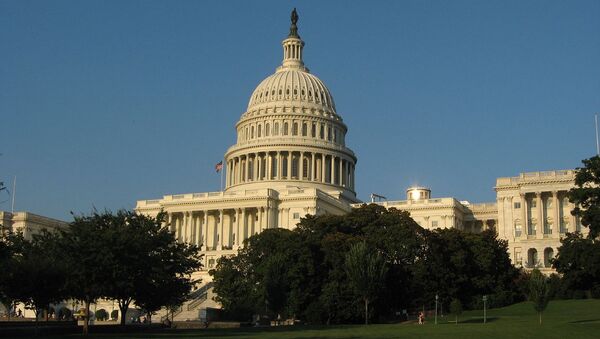And while casual speculation about candidates' mental health is an acceptable part of the game for political punditry, the journalist notes that "for a politician to admit seeing a psychiatrist would likely be far more politically damaging than any of the possible symptoms of actual mental illness."
According to Burton Lee, presidential physician for George H.W. Bush, mental illness is akin to a political "kiss of death," with former senior advisor David Axelrod adding that admitting the problem would lead to political "a crisis of confidence" impossible to escape.
Thompson recalls that since Democratic Vice-Presidential Candidate Thomas Eagleton's withdrawal from the 1972 race "after revealing that he had been hospitalized for depression…the issue has remained firmly off-limits: No Democratic or Republican nominee running for president or vice president has disclosed mental illness or treatment for it ever since –to do so would be politically incurable."
"As a result, the notion of politicians merely consulting with a mental health professional remains the topic of only hushed conversations or forceful denials," Thompson notes.
Thompson's analysis suggests that despite the prevalence of the taboo, "a review of the historical records finds that past commanders in chief, even well-regarded ones, struggled with mental health problems throughout their presidencies."
From Richard Nixon and John F. Kennedy's clandestine psychotropic drugs-filled medicine cabinets to Lyndon Johnson's clinical paranoia/manic depression, Thompson recalls that "mental illness is surely more common in Washington than the public knows or wants to believe."
The reality which the American public will eventually need to come to terms with, the journalist suggests, is that "when it comes to their mental health…politicians, including the one with the nuclear launch codes," are just like everyone else. With "roughly a fifth of American adults [using] medication, and millions [more going] to talk therapy for their mental health, why shouldn't the people governing the country be able to do so as well?"
Thompson's very detailed multi-page analysis on the subject of mental health in US high politics, and the ways in which politicians have attempted to capitalize on it, is definitely worth checking out.





